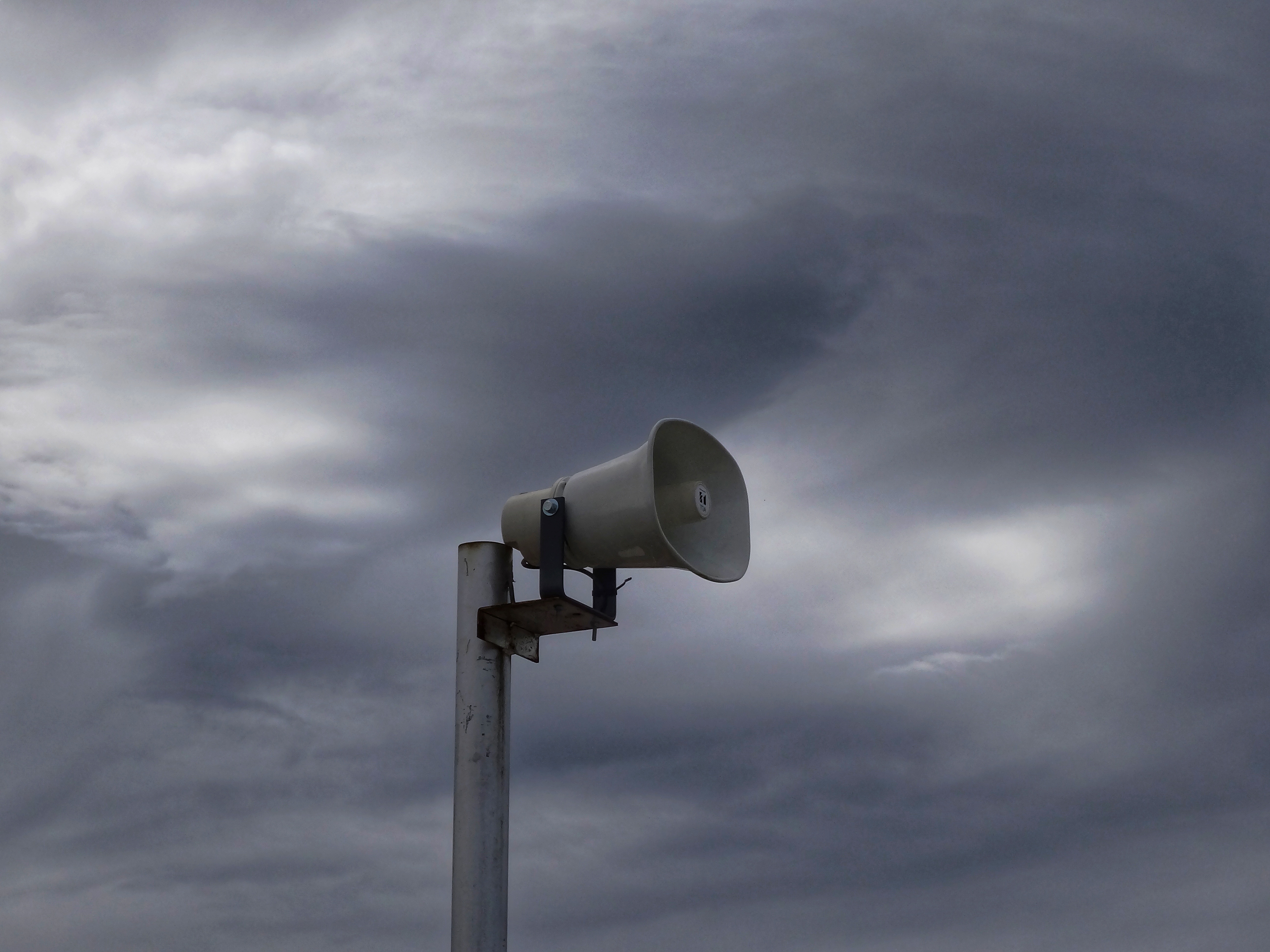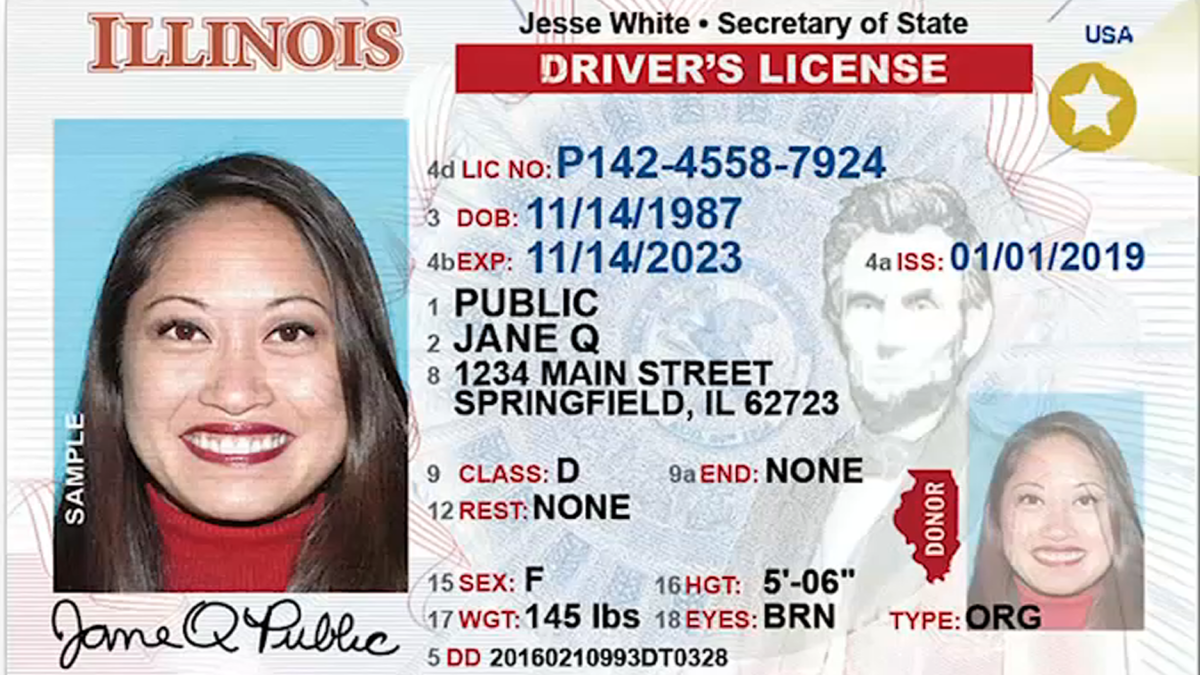As pickleball rises in popularity across the country, doctors at Midwest Orthopaedics at RUSH are seeing more injured patients.
“The relative number is still the same. It's 5 to 6% of people that get injured while playing the sport, but the absolute number is higher, right? We are seeing more and more people being more active and trying to get out there,” said Dr. Jorge Chahla, an orthopaedic surgeon.
“Some of the studies that were published say that 50% of the people over the age of 50 are the ones that actually get injured while playing pickleball,” Dr. Chahla said.
The injuries often fall in two categories: overuse and acute.
Overuse injuries can occur in:
- knees
- hips
- wrists
- rotator cuff
- Achilles tendon
Acute injuries or often due to people tripping and falling and include:
- sprains
- broken bones
Doctors say before you even pick up your paddle, there are some things you want to keep in mind to avoid getting hurt.
Local
Feeling out of the loop? We'll catch you up on the Chicago news you need to know. Sign up for the weekly Chicago Catch-Up newsletter here.
“All the basics apply here, and that means a good stretch-out regimen, warming up before and stretching out after as well,” Dr. Chahla recommended.
Strength training is also recommended to get your body ready to hit the pickleball court.
“It's much easier for the body to tolerate controlled motions and controlled strength training than doing something like pickleball from the get-go,” Dr. Chahla said.
Proper shoes are also required and remember that it’s best to listen to your body.
“No pain, no gain doesn't work very well here. You want to make sure that whenever you do have pain, you consult somebody and make sure it’s okay,” Dr. Chahla said.
Jonelle Dubois from Naperville fell in love with pickleball immediately.
“Five years ago, when I first started to play, people would say, 'Pickleball, what's that? What a silly name,'” Dubois said.
Dubois feared her pickleball days were numbered when her knee started to ache, so she went to see Dr. Chahla.
“In her case, what happened is that the meniscus got detached from the back, so it's not just a tear, it got completely detached,” Dr. Chahla said, describing an overuse injury.
He recommended surgery to reattach the meniscus and performed the surgery 18 months ago.
“It was completely detached, so it was little longer recovery time, longer PT, but once it was done, it was right back on the court,” Dubois said.
She immediately went right back to playing, with a new game plan in mind.
“Warm up and cool off,” Dubois said. “So stretch out before you play and then stretch out after.”



